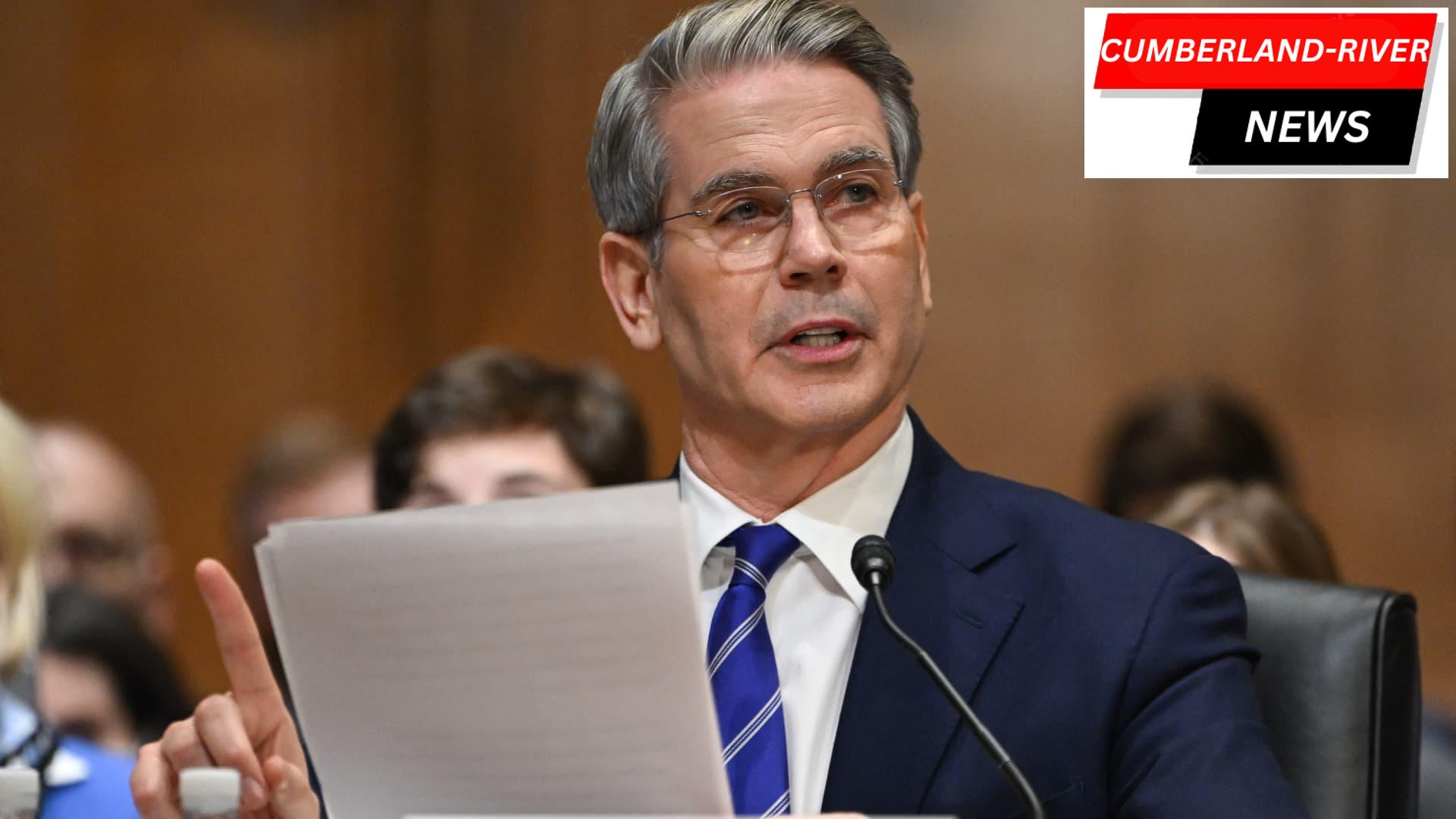Scott Bessent, the Treasury nominee under President Trump, recently sat before the Senate for a hearing that has turned heads across the nation. His statements not only outlined a pressing concern about national spending but also highlighted the need for tougher sanctions against Russian oil companies. With the U.S. federal deficit soaring to unprecedented levels, Bessent’s views could mark a pivotal moment in how the government approaches both economic management and international relations.
Worrying Trends in U.S. Spending
During his confirmation hearing, Bessent wasn’t shy about expressing his concerns over the current state of U.S. finances. He emphasized that what America faces is a severe spending problem rather than a revenue one, indicating that the government is spending far more than it is earning. With rising costs of borrowing and declining tax revenues contributing to a dramatic spike in the deficit, the figures he provided were eye-opening: a staggering $710.9 billion deficit in just the first three months of fiscal year 2025, which represents a shocking increase of 39.4% from the previous year.
Deficit on the Rise: The Numbers Speak
Here are a few key points from Bessent’s testimony that shed light on this burgeoning financial issue:
- The deficit in fiscal year 2025 already reached $710.9 billion.
- This is an increase of $200 billion compared to the same period last year.
- Bessent indicated that this surge is unprecedented as it occurs outside of typical situations like recessions or conflicts.
- The government has often relied on borrowing to navigate crises, but Bessent voiced serious concerns about future challenges.
Stronger Sanctions Needed Against Russia
In addition to focusing on domestic financial issues, Bessent also addressed America’s approach to international threats, particularly concerning Russia. He advocated for increasing sanctions on Russian oil companies, a vital step in responding to global aggression. The rising tensions and the war in Ukraine make these sanctions more important now than ever. Bessent believes that the U.S. must take a stronger stand to support global stability and deter further hostilities.
The Stakes Are High
Bessent’s testimony holds significant weight as the financial decisions made today will impact the future. His call for reexamining the balance between spending and revenue generation is a reminder of the crucial need to manage taxpayer money wisely. With the potential for future economic crises looming, Bessent’s insights may shape the the way the federal government handles budgets and crisis responses moving forward.
Impact on Future Economic Policies
Reflecting on the broader implications of Bessent’s statements, one might ask: How will this affect everyday Americans? If spending continues unchecked, programs that benefit communities, schools, and healthcare could be at risk. Bessent’s arguments for fiscal responsibility resonate especially during a time when many families are feeling the pinch due to inflation and rising living costs.
Getting Involved in the Discussion
As citizens, it’s essential to stay informed and involved in discussions surrounding government spending and international relations. You can follow developments on Bessent’s confirmation process and legislation related to sanctions against Russia through various news outlets or your local representatives. Engaging in these conversations helps ensure that your voice is heard as policies that affect your life are being shaped.
In conclusion, Scott Bessent’s hearing illuminated a critical moment for the U.S. government as it faces significant fiscal challenges and the need for robust responses to international threats. The decisions made in the coming months could play a pivotal role in defining America’s economic trajectory and its stance on the global stage.









